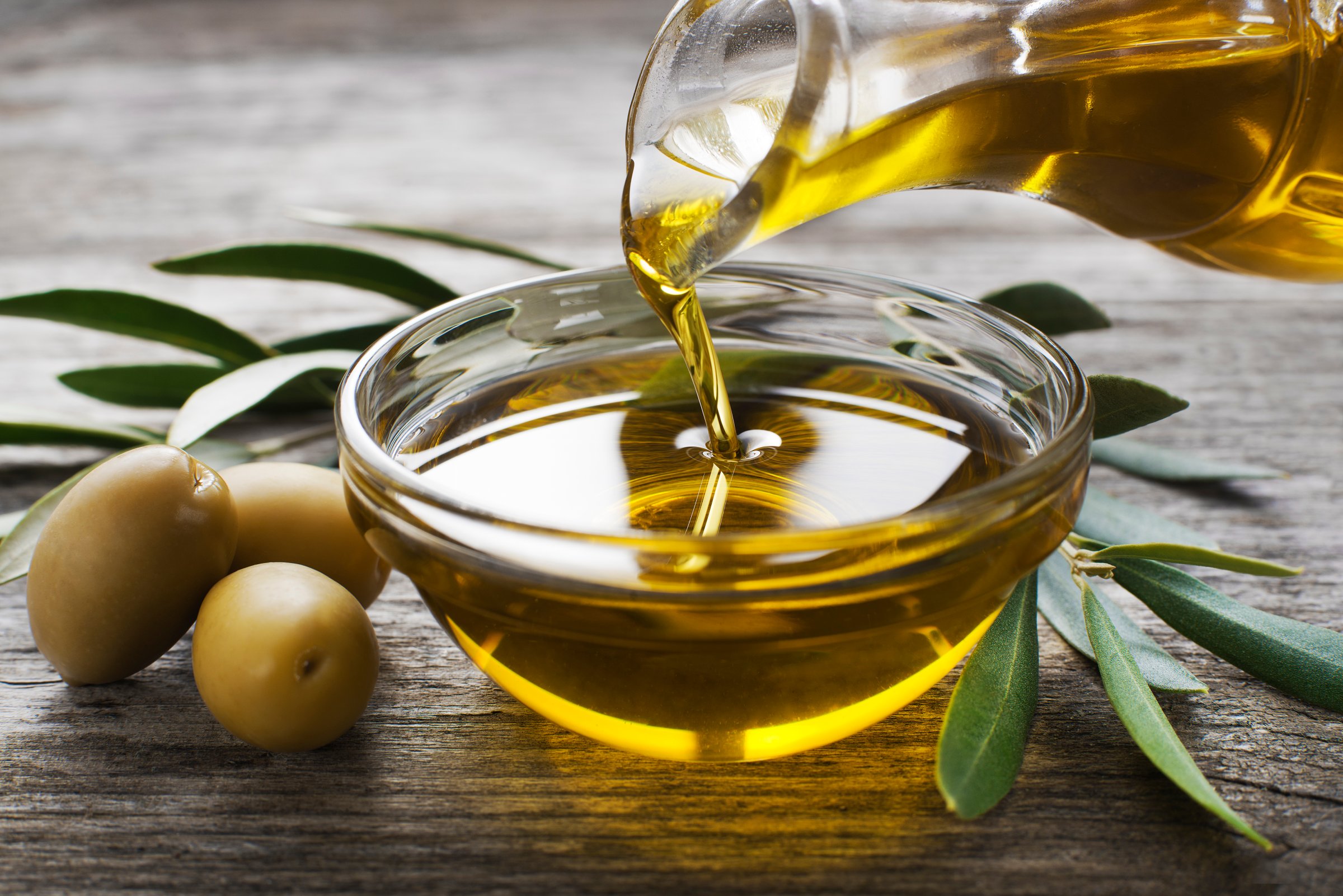
All cholesterol is not equal. It comes in healthy and unhealthy forms, and doctors have long advised people to cut back on the bad cholesterol, LDL, found in red meats and fried foods. The good kind, HDL, pulls out the LDL that builds up on blood vessel walls and raises risk for a heart attack. Upping levels of HDL may therefore protect the heart from damage.
That’s the theory, but studies looking at HDL levels and heart disease events haven’t always shown that higher HDL levels lead to lower risk of disease. Scientists may finally know why. In a new study of nearly 300 people at high risk of heart disease, published in the journal Circulation, researchers found that just having high levels of HDL may not be enough to make a heart healthy. But the Mediterranean diet may help HDL to work more effectively.
The people in the yearlong study were randomly assigned to eat either a low-fat diet with little red meat and plenty of fruits and vegetables, or one of two versions of the Mediterranean diet: one enriched with olive oil and the other with nuts. After the year, the researchers compared the blood cholesterol levels of the participants to their starting levels. They found that only the people who ate the low-fat, non-Mediterranean diet lowered their total and LDL cholesterol levels, but that the people eating the two Mediterranean diets had better-working HDL.
The scientists, led by Montserrat Fito from the Hospital del Mar Medical Research Institute in Barcelona, knew this because they took other measurements of how well HDL was working. The group that ate the diet higher in olive oil showed the most improvement in HDL function; their HDL was better able to pluck out LDL from heart vessel walls and shunt them to the liver for removal, and it was better able to work as an antioxidant, protecting against the inflammation-related damage that can weaken blood vessels and make them more vulnerable to heart attack-triggering plaques. The HDL in this group was also better able to keep the blood vessels elastic and pliable—important, since hardened arteries are more susceptible to damage.
“Our hypothesis is that all the antioxidant compounds in olive oil bind to the HDL particle and preserve [it] from oxidative stress,” says Fito. “And that maintains the HDL in better quality.”
The people eating the Mediterranean diet enriched with nuts also had some increase in HDL function, but the olive oil seemed to outwork even the nuts.
It’s important to note that none of the three diets boosted the amounts of HDL considerably. While diets rich in fruits, vegetables and antioxidants, like the Mediterranean diet, can increase levels of HDL, experts say that other methods, including regular exercise, may be better. Scientists at drugs companies still haven’t found a drug that can increase HDL levels, either. Based on these new results, they may have to focus not just on increasing amounts of HDL, but also on making sure that HDL is working optimally—an effect olive oil seems to have naturally.
More Must-Reads from TIME
- Why Biden Dropped Out
- Ukraine’s Plan to Survive Trump
- The Rise of a New Kind of Parenting Guru
- The Chaos and Commotion of the RNC in Photos
- Why We All Have a Stake in Twisters’ Success
- 8 Eating Habits That Actually Improve Your Sleep
- Welcome to the Noah Lyles Olympics
- Get Our Paris Olympics Newsletter in Your Inbox
Contact us at letters@time.com